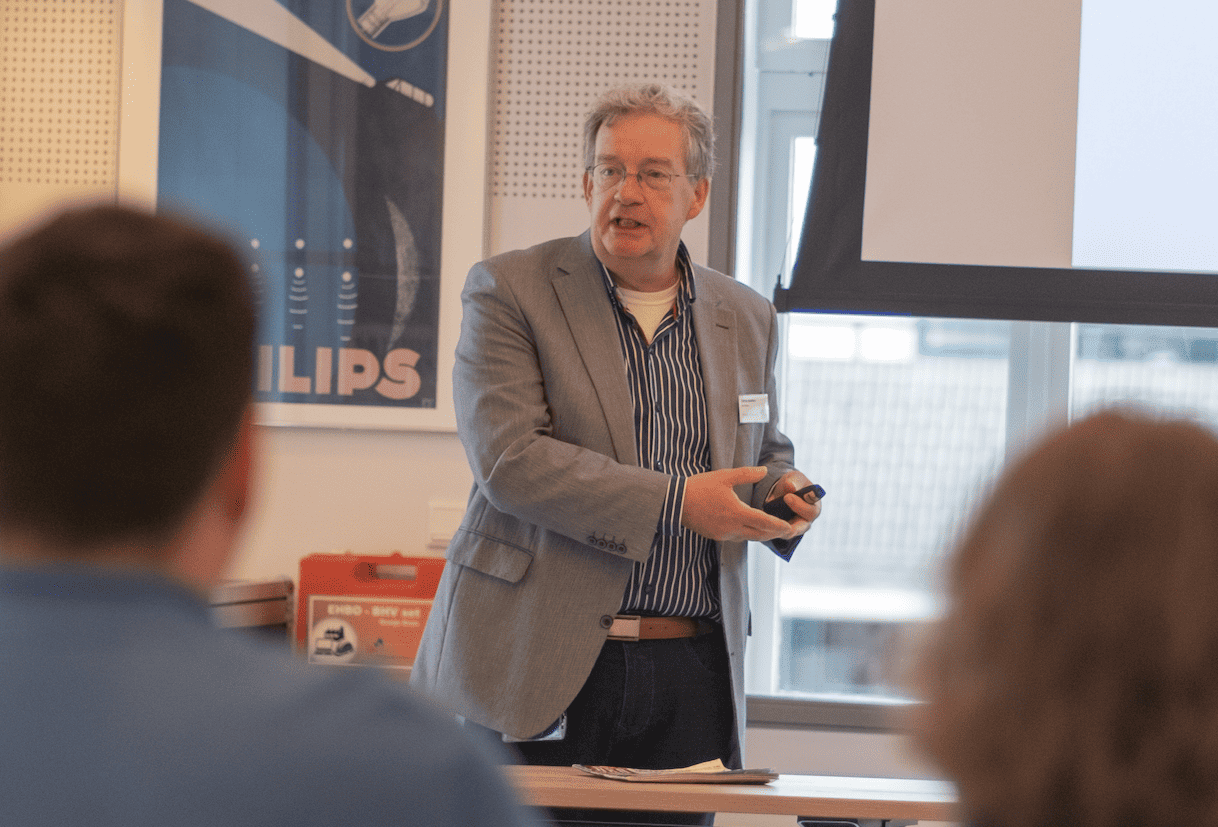
The Europe that we often see is the Europe of the problems. Financial problems, refugee problems, everyone knows them. We tend to forget that Europe brought us prosperity but also security and peace. There’s a need for a counterbalance to the trend of nationalism. Innovative developments in the regions could become a solution, King’s Commissioner Wim van de Donk said today at the WIRE conference in Eindhoven.
Van de Donk’s speech focused on “regionomics”: the opportunities that regions can find in the field of innovation, economy and social cohesion. Obviously, he used the host city of Eindhoven as an example of how all this can be achieved.
“If you make sure that your research and your business activities focus on the areas where the needs of the residents are highest, you can achieve a lot. Look at Philips, the company that not only brought one innovation after another, but recently showed the guts to split up the company and is now fully focused on health care.”

A successful region is a region where innovation syncs with ‘social inclusiveness’, Van de Donk says. “Indeed, where social problems are ignored, growth is impossible.” That is why Brainport has chosen, according to Van de Donk, to operate as openly as possible, “Sharing is multiplying.”
Europe could play a better role in strengthening the promising regions, as also Commission Director-General for Research & Innovation Robert-Jan Smits and MEP Lambert van Nistelrooij confirmed in their introductions. But that’s where the frustrations come in. Yes, there is 80 billion available to fund innovation within the program Horizon 2020, but choosing the right projects to spend the euros on is not easy. Smits: “80 billion is obviously a lot of money. But for that amount we receive applications from over 100,000 organisations, of which we can only approve a few percent. That actually means that we have to disappoint a lot of people and regions. That we arrive at diluted compromises. It is really too little and too late.”
The fact that Europe is far from being united – the digital single market for example, is not yet in sight – doesn’t help either. Van de Donk: “The pace of European integration has suffered from the rising trend of nationalism, which is very regrettable. That puts us at a disadvantage compared to, for example, the USA. They don’t wait for us there, you know. In fact, quite the opposite: almost half of all innovations in Silicon Valley comes from European researchers.”
And there’s another problem, the Commissioner of the King says: the question of which level of government should be most powerful. Regional authorities might well become quite a bit stronger, at the expense of the national. “That’s also regionomics. But frankly, that is still only half the story. If you look at it from a global level, it is still by no means certain who in a few years time can call himself ‘government’. Perhaps it will be Google. Or Facebook.”








